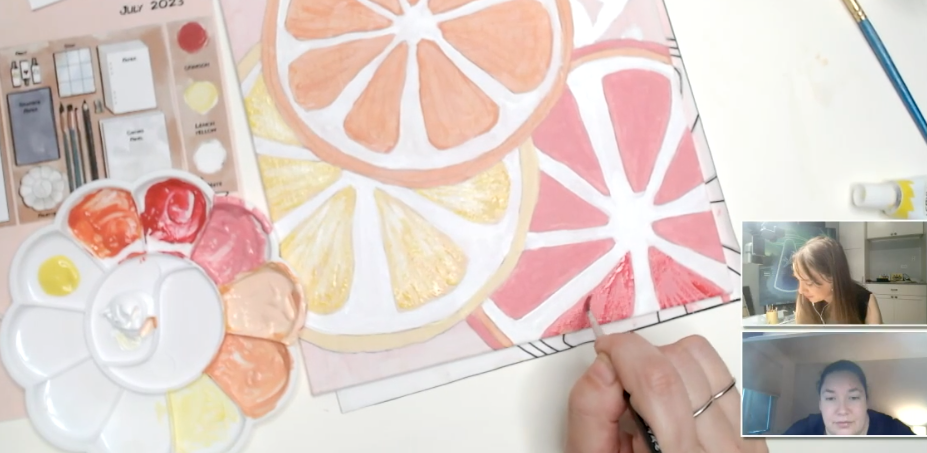Art has long been celebrated for its ability to inspire, provoke emotions, and stimulate the mind. But can it also help reduce the risk of dementia? In recent years, there has been growing interest in the potential benefits of art therapy for individuals with dementia. While the research is still ongoing, there is evidence to suggest that engaging in artistic activities can have a positive impact on cognitive function and overall well-being.
What is dementia?
Dementia is a general term for a decline in mental ability severe enough to interfere with daily life. It is not a specific disease, but rather a set of symptoms that can be caused by various conditions, such as Alzheimer's disease, vascular dementia, or Lewy body dementia. Common symptoms include memory loss, difficulty with language and communication, impaired judgment, and changes in mood and behavior.
The role of art in dementia care
Art therapy involves the use of creative techniques, such as painting, drawing, and sculpture, to help individuals express themselves and improve their cognitive and emotional well-being. It provides a non-verbal means of communication and can be particularly beneficial for individuals with dementia who may struggle with verbal expression.
Research has shown that engaging in artistic activities can stimulate the brain, improve cognitive function, and enhance memory recall. Creating art can also provide a sense of accomplishment and boost self-esteem, which can be especially important for individuals with dementia who may experience a loss of identity and independence.
Evidence from research studies
Several studies have explored the potential benefits of art therapy for individuals with dementia. A systematic review published in the Journal of the American Medical Directors Association found that art therapy interventions were associated with improvements in cognitive function, mood, and quality of life in individuals with dementia.
Another study conducted by researchers at the University of California, San Francisco, found that engaging in art activities, such as painting and drawing, was associated with a lower risk of developing cognitive decline in older adults. The study followed over 1,000 participants for an average of 4.7 years and found that those who engaged in art activities had a 73% lower risk of developing mild cognitive impairment.
Conclusion
While more research is needed to fully understand the impact of art on dementia, the existing evidence suggests that engaging in artistic activities can have a positive effect on cognitive function and overall well-being. Art therapy provides a creative outlet for individuals with dementia, allowing them to express themselves and engage in meaningful activities. Whether it's painting, drawing, or sculpting, art has the potential to improve quality of life for individuals with dementia and enhance their cognitive abilities.
Sources:
- American Art Therapy Association: https://arttherapy.org/
- Journal of the American Medical Directors Association: https://www.jamda.com/
- University of California, San Francisco: https://www.ucsf.edu/




Leave a comment
This site is protected by hCaptcha and the hCaptcha Privacy Policy and Terms of Service apply.